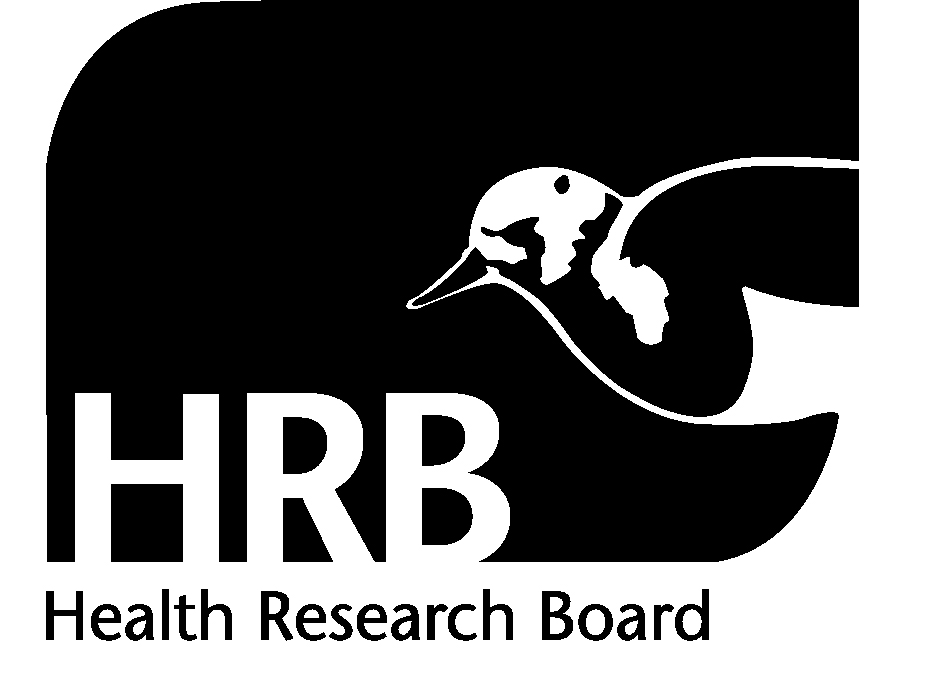2015

2015: HRB Knowledge Exchange and Dissemination Scheme (KEDS)
Awarding body: HRB
Value: €26,000.00
Grant timeline:
The planned research activities under this grant are as follows:
1. Arrange a national information seminar for women with diabetes to focus on the benefits of prepregnancy care and pregnancy planning.
2. Create and distribute a diet booklet for women with diabetes who are pregnant or planning pregnancy.
3. Develop an online website with user-friendly information for women with diabetes.
4. Arrange a meeting of healthcare professionals and women with diabetes to encourage the development and audit of high quality prepregnancy care programmes nationally.
This work began in November 2015.

2015: HRB Reward
Awarding body: HRB
Value: €799,903.00
Grant timeline: Planned start date: February 2016
We will evaluate whether the initiation of metformin at the time of gestational diabetes diagnosis reduces the need for insulin, and reduces the development of excessive GWG compared to placebo. We will document the impact on perinatal outcomes and postpartum maternal glucose. A detailed cost benefit and cost utility analysis will be conducted.
The planned start date for this study is February 2016.
2010

2010: HRB Award
Awarding body: HRB
Value: €260,000.00
Grant timeline: To be completed July 2016
Work on this grant will be completed in July 2016. Following this award, prepregnancy care is now available as routine care along the Irish Atlantic Seaboard. Further information on the study outcomes is available in our publications.
